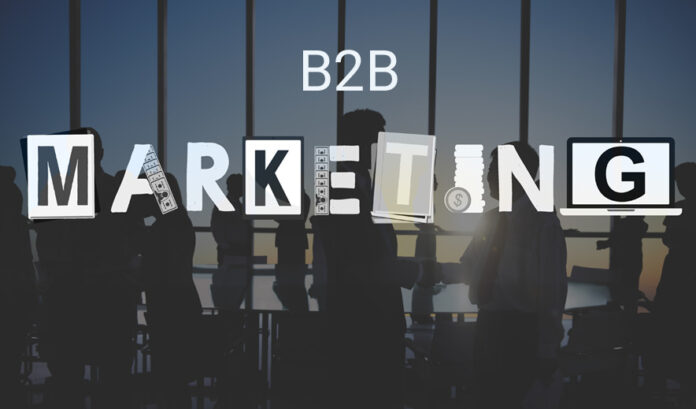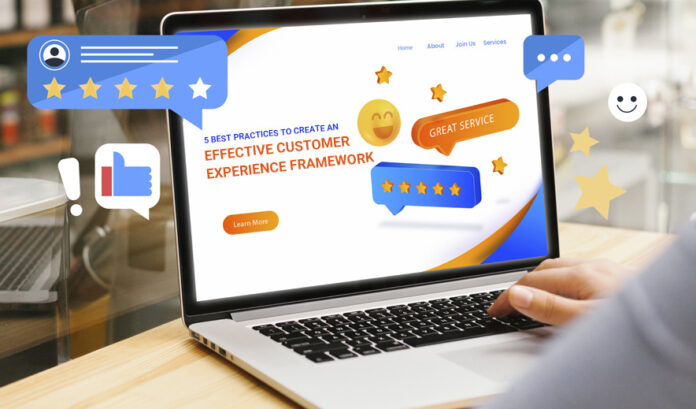With the massive disruption that the digital marketing industry witnessed and the innumerable inventions that the industry saw in the recent past, B2B marketers are still getting accustomed to the changes. This digital transformation is a blessing for the B2B businesses, but not before B2B marketers learn the art of staying ahead of the curve. Moreover, with the remote work culture, the need for automation has also increased.
Challenges That B2B marketers Face
B2B marketing comes with its own set of challenges. B2B marketers need to engage in the endless cycle of strategizing and executing marketing campaigns. Any bottleneck in developing and implementing a marketing campaign can put every effort to waste. Moreover, B2B customers look for logic and positive ROI, and thus marketers need to be accurate when providing information related to marketing.
For B2B marketing, collecting a considerable number of leads is not enough. Marketers need to identify how engaging the leads are and analyze all the B2B customers’ demographic and psychographic information to define the target audience.
Since the digital marketing industry has expanded with several automation tools and strategies, you need to understand which works best for your B2B business and integrate that into your system. But there are certain industry-best practices that B2B marketers need to incorporate into their marketing system for more intent-driven campaigns:
Creating the Best Content Is the Key
Since B2B customers are primarily focused on information and expertise, creating well-written content is essential for building a successful B2B marketing strategy. Content supported by SEO and curated anticipating what your audience is searching for will help you win the spotlight in the industry.
Understand Your Prospect’s Pain Point to Convert Them
B2B buyers make purchase decisions based only on their need for the product. A prospect will buy a product only if it is a custom fit for solving a specific issue the buyer is facing. Thus, it would help if you communicated the right way to convince your prospects about how helpful your product can be to solve their problem. Your marketing message should hit the prospect directly at their pain point. For that, you can set up a lead scoring process to determine the stage of your lead’s buying journey. The secret is to identify the problem, evaluate the needs, and find the custom-fit solution for your B2B customers.
Create Cross-channel Engagement Strategies
B2B marketers need to create a cross-channel engagement strategy to engage with buyers successfully. Spread your messages through all digital and social channels, and events, and also develop a compelling email marketing journey to help the prospect strengthen their decision-making process. Remember, there are three stages to a B2B buyer journey. It begins with making your prospects aware of the best solution available for their issue, offering information that will make them consider your product or services, and helping them decide to be a buyer of your brand.
A B2B marketer should invest in an extensive lead nurturing strategy to complete this whole process. Therefore, build a strategy with the right customer in mind so that it defines a buyer persona. Strategize your marketing campaigns for the right channels to reach the right buyer and understand the buyer’s journey.





![Top 10 Key Principles of Agile Marketing Management [Part I]](https://www.martechpulsecommunity.com/wp-content/uploads/2023/01/Top-10-Key-Principles-of-Agile-Marketing-Management-Part-I-696x409-1.jpg)